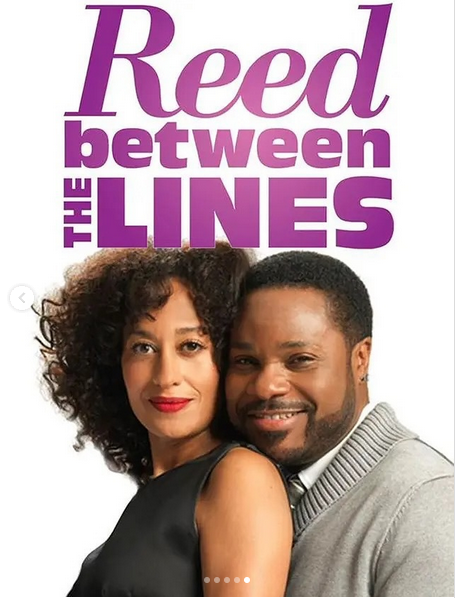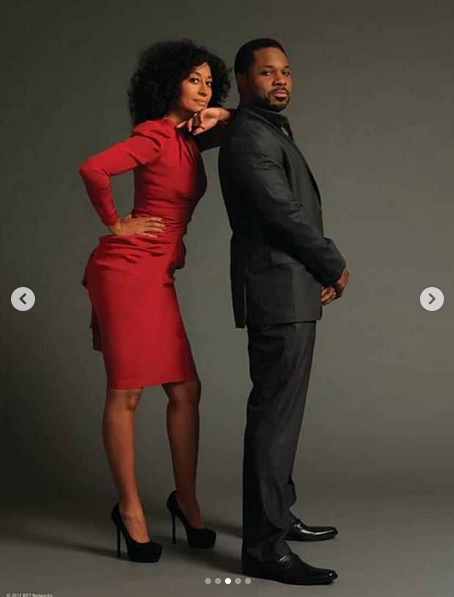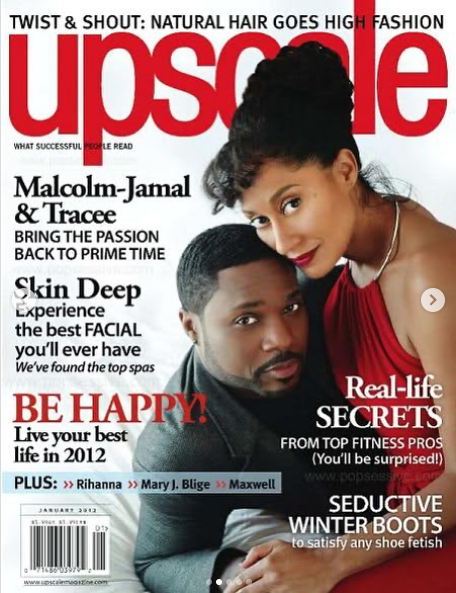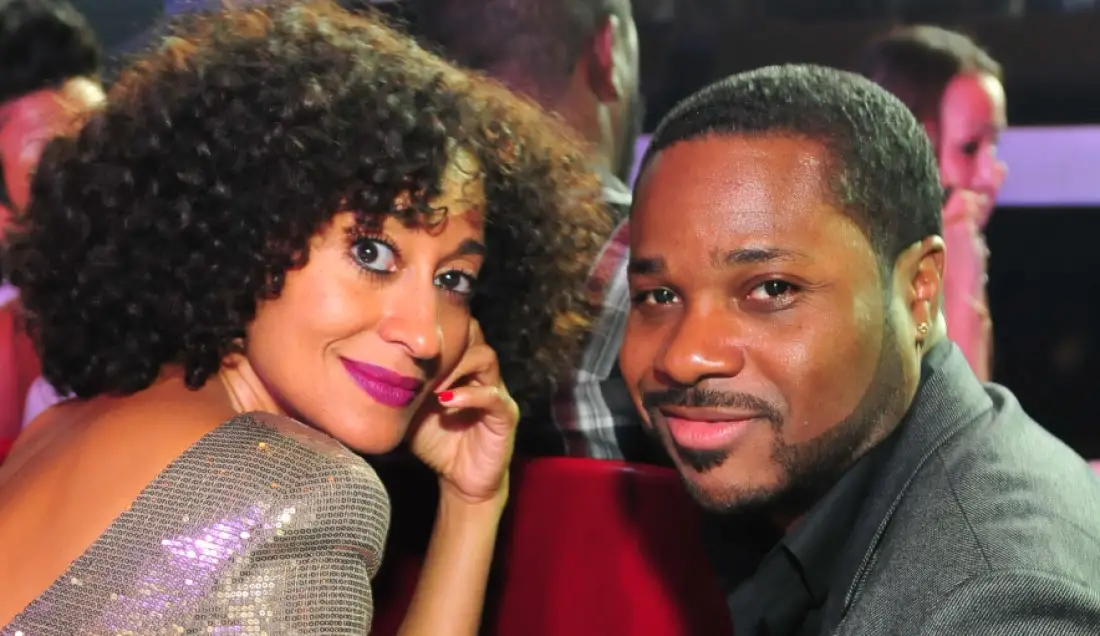The entertainment industry has witnessed many losses over the years, but rarely does news of a celebrity’s passing generate such an immediate, heartfelt, and deeply personal response from across the entire spectrum of Hollywood. What began as shocking headlines has transformed into something far more profound—a collective remembrance that transcends typical industry condolences to reveal the authentic impact one person can have on countless lives, both in front of and behind the cameras.
As social media platforms fill with tributes, personal memories, and shared photographs spanning decades, a remarkable portrait emerges of someone who touched lives not through grand gestures or public declarations, but through consistent kindness, professional excellence, and genuine human connection. The voices joining this chorus of remembrance represent every corner of the entertainment world, from legendary performers to behind-the-scenes collaborators, each sharing stories that illuminate why this particular loss feels so uniquely devastating.
What’s becoming clear is that this isn’t just the entertainment industry mourning the loss of a talented performer—it’s a community processing the sudden absence of someone who represented the very best of what their profession can offer.
The Tragic End That Shocked a Community
Malcolm-Jamal Warner’s sudden death at age 54 has left the entertainment world reeling, as news of the beloved actor’s drowning during a family vacation in Costa Rica sent shockwaves through Hollywood and beyond. The actor, best known for his iconic role as Theo Huxtable on “The Cosby Show” but equally respected for his recent work as Dr. AJ Austin on “The Resident,” died on Sunday, July 20, after being caught in a strong current while swimming on Costa Rica’s Caribbean coast.
Despite the efforts of beachgoers and first responders who attempted to save him, Warner could not be revived. The tragic circumstances of his death—during what should have been a peaceful family vacation—have added an extra layer of heartbreak to an already devastating loss. The randomness and suddenness of the accident have left those who knew him struggling to process not just the loss of a colleague, but the reminder of how quickly life can change.
The news broke just as Warner was in the midst of what many considered a career renaissance, with his recent television work earning critical acclaim and his podcast “Not All Hood” gaining significant traction in discussions about mental health and representation in the Black community. His death represents not just the end of a remarkable career, but the silencing of a voice that had become increasingly important in contemporary conversations about authenticity and artistic integrity.

Tracee Ellis Ross and Malcolm-Jamal Warner, from a post dated July 21, 2025 | Source: Instagram/traceeellisross
Tracee Ellis Ross: Remembering a Television Husband and Lifelong Friend
Among the most poignant tributes came from Tracee Ellis Ross, who shared an intimate and emotional remembrance of her former co-star and friend. Ross, who starred alongside Warner in “Reed Between the Lines” on BET, posted a carousel of photos on Instagram that captured their on-screen chemistry and off-screen friendship, accompanied by words that revealed the depth of their connection.
“I love you, Malcolm. First I met you as Theo with the rest of the world then you were my first TV husband. My heart is so so sad,” Ross wrote, immediately establishing the dual nature of their relationship—as colleagues who had worked intimately together and as someone who, like millions of others, had first encountered Warner through his breakthrough role on “The Cosby Show.”
Ross’s tribute painted a vivid picture of Warner’s character, highlighting his “warmth, gentleness, presence, kindness, thoughtfulness, depth, humor, and elegance.” These weren’t the typical adjectives used in professional tributes, but rather the personal qualities that someone who worked closely with him would notice and appreciate. Her words suggested someone who brought more than just acting talent to his work—he brought humanity.

Tracee Ellis Ross and Malcolm-Jamal Warner, from a post dated July 21, 2025 | Source: Instagram/traceeellisross
“You made the world a brighter place. Sending so much love to your family. I’m so sorry for this unimaginable loss,” Ross concluded, her message resonating with the many fans who had watched their on-screen relationship unfold and appreciated the authentic chemistry they brought to their roles.
The two actors had previously discussed their working relationship in interviews, with Ross noting that “doing scenes with Malcolm does not feel like acting. It’s like it just happens.” Warner had echoed this sentiment, describing their professional partnership as “probably one of the best non-physical love affairs that I’ve ever had.” These comments, made during happier times, now serve as testament to the genuine connection that made their work together so compelling.

Tracee Ellis Ross and Malcolm-Jamal Warner, from a post dated July 21, 2025 | Source: Instagram/traceeellisross
Bill Cosby’s Professional Remembrance
Despite the complicated legacy surrounding “The Cosby Show” and its creator, Bill Cosby’s tribute to Warner focused squarely on their professional relationship and Warner’s dedication to his craft. The 88-year-old Cosby remembered Warner as “the ultimate professional” during their years working together, emphasizing the young actor’s commitment to excellence.
“He was always a great studier, and I enjoyed working with him very much,” Cosby said. “He was very professional. He always knew his part… He always knew his lines, and he always knew where to go.” These comments, while brief, highlighted the qualities that made Warner such a reliable and respected collaborator throughout his career.
Cosby also noted the personal connection between Warner’s character and his own family, revealing that Theo Huxtable was loosely inspired by his real-life son, Ennis, who was tragically killed in 1997. This connection added emotional weight to their on-screen relationship and helps explain the authenticity that audiences recognized in their father-son dynamic.
The tribute also revealed that Cosby and Warner had maintained their relationship long after “The Cosby Show” ended, suggesting a bond that extended well beyond their professional collaboration. This continuity speaks to Warner’s character and his ability to maintain meaningful relationships throughout his career, even as circumstances and industry dynamics changed around him.
The Cosby Show Family’s Silent Mourning
While not all of Warner’s former “Cosby Show” co-stars have issued public statements, their social media accounts have become gathering places for fans seeking to process their grief and offer support. Phylicia Rashad, who played Claire Huxtable and served as Warner’s on-screen mother, has not yet publicly commented on his passing, but her latest Instagram posts have been flooded with heartfelt messages from fans offering comfort and support.
The messages reveal the deep emotional connection fans felt not just to the show, but to the family dynamic it represented. Comments like “Thinking of you ❤️ my sincere condolences on the loss of Malcolm ” and “We need you more right now than ever — this one hurts ❤️” demonstrate how fans view the cast members as an extended family whose loss affects them personally.
Similarly, Keshia Knight Pulliam, who played Rudy Huxtable, has become a focal point for fan condolences, with supporters reaching out through her social media to share in the mourning. Messages such as “So sorry to hear about Malcolm Jamal Warner. I know you’re hurting. We all are” and “Just came over to check on you” show how the show’s impact created lasting emotional connections that extend decades beyond its original run.
This phenomenon—fans treating cast members as family and seeking to offer comfort during times of loss—speaks to the unique cultural impact “The Cosby Show” had and the authentic relationships its cast members developed both with each other and with their audience.
Hollywood’s Heartfelt Response
The entertainment industry’s response to Warner’s death has been remarkable for both its breadth and its deeply personal nature. Rather than the typical professional condolences often seen when celebrities pass away, the tributes have been filled with specific memories, personal interactions, and genuine expressions of loss.
Jamie Foxx’s response was characteristically direct and emotional: “Speechless on this one. Rest in power, my brother.” The brevity of his message somehow conveyed more impact than longer tributes might have, suggesting a loss so profound that words seemed inadequate.
Magic Johnson, along with his wife Cookie, provided a more detailed remembrance that revealed their personal relationship with Warner. “Every time I ran into Malcolm, we would have deep and fun conversations about basketball, life, and business. He will truly be missed,” Johnson wrote, painting a picture of someone who engaged meaningfully with people across different spheres of influence.
This tribute was particularly significant because it came from outside the entertainment industry proper, demonstrating how Warner’s influence and relationships extended beyond Hollywood into broader cultural and business communities. Johnson’s mention of their conversations about “basketball, life, and business” suggests someone who was genuinely curious about the world and engaged with diverse perspectives.
Taraji P. Henson and Jennifer Hudson: Generational Impact
The tributes from Taraji P. Henson and Jennifer Hudson highlighted Warner’s impact on performers who came after him, demonstrating how his work continued to influence new generations of actors and entertainers. Henson’s message, “Malcolm, we grew up with you. Thank you for the art, the wisdom, the grace you gave us!!!!!” captured the unique position Warner held in African American culture and entertainment.
Her follow-up, “You left the world better than you found it. Rest easy, king!!!! Your legacy lives far beyond the screen,” positioned Warner not just as an entertainer but as someone whose influence extended into broader cultural and social realms. The use of “king” reflected both respect for his accomplishments and recognition of his role as an elder statesman in the industry.
Jennifer Hudson’s more concise but equally heartfelt tribute—”devastated by this news” and “truly heartbroken”—demonstrated the broad impact Warner’s death had across different generations and genres of entertainment. These weren’t casual professional acquaintanceships but genuine expressions of loss from people who had been influenced by his work and example.
Questlove’s Deeply Personal Reflection
Perhaps the most comprehensive and emotionally revealing tribute came from Questlove, whose lengthy Instagram post provided intimate insights into both Warner’s personal character and his broader cultural significance. The drummer and producer’s reflection went beyond typical celebrity condolences to offer a deeply personal meditation on Warner’s impact and legacy.
“If you looked like me coming of age in the 80s, Malcolm-as-Theo was a GPS/lighthouse of navigating safety to adulthood,” Questlove wrote, immediately establishing the unique role Warner’s character played for young Black men who saw themselves reflected in Theo Huxtable’s experiences and challenges.
Questlove’s tribute was particularly powerful because it addressed the specific cultural moment that “The Cosby Show” represented, when positive portrayals of Black families were rare on television and Warner’s character provided a roadmap for young Black men navigating adolescence and young adulthood.
“For those of us that didn’t have ‘examples’ or ‘safe environments’—I would like to think for anyone of age we used this entire show—and its offspring as life blueprints,” he continued, highlighting the show’s role in providing representation and guidance that extended far beyond entertainment.
The tribute became even more personal as Questlove shared specific ways he had connected with Warner’s character: “Seeing myself in every episode through his shoes: like being bad at football, wanting clothes outside of my budget, hiding things from your parents (ear piercings or weed), living in a ‘respectable politics’ house of jazz vs ‘teen music’… him dealing with dyslexia.”
Professional Relationships and Musical Connections
Questlove’s remembrance also revealed Warner’s lesser-known role as a music collaborator and supporter of other artists. “Meeting him in ’94 was a thrill when I first got in the biz,” Questlove recalled. “Mal Jam was the earliest co-signer of the Roots. He attended many a show way before the world got to know us.”
This revelation provided insight into Warner’s character beyond his acting career, showing someone who used his platform and influence to support emerging artists and remained connected to the broader creative community. The fact that Warner was an early supporter of The Roots, well before their mainstream success, demonstrated his ability to recognize and nurture talent.
Questlove also expressed regret about unrealized collaborations: “All that time talking about music extensively and we never got our chance to collaborate as we said we would.” This sentiment, echoed by many in the entertainment industry following sudden deaths, highlighted the sense of unfinished business and lost opportunities that make such losses particularly poignant.
The musician’s description of Warner as someone who “expressed ZERO cynicism or bitterness in his journey and constantly lived in the present which dictated his future” painted a picture of someone who had navigated the challenges of child stardom and a long entertainment career while maintaining his integrity and positive outlook.
The Broader Cultural Impact
The collective response to Warner’s death reveals something significant about his place in American culture and the entertainment industry. Unlike many celebrity deaths that generate brief periods of attention before fading from public consciousness, Warner’s passing has prompted deeper reflection about representation, authenticity, and the ongoing influence of groundbreaking television.
The diversity of voices contributing to his remembrance—from fellow actors to musicians, from industry executives to fans—demonstrates the broad reach of his influence. This wasn’t someone who had retreated from public life or become irrelevant to contemporary culture; rather, he had continued to evolve and contribute meaningfully to ongoing conversations about art, representation, and social responsibility.
Warner’s recent work on “The Resident” and his podcast “Not All Hood” showed someone who remained engaged with current issues and committed to using his platform for meaningful dialogue about mental health and representation in the Black community. His death represents not just the loss of past achievements but the silencing of an ongoing voice for positive change.
A Legacy Measured in Human Connection
What emerges most clearly from the tributes to Malcolm-Jamal Warner is a portrait of someone whose greatest achievement may not have been any single role or performance, but rather his ability to create genuine human connections throughout his career. From co-stars who described working with him as effortless and natural, to industry colleagues who valued his support and friendship, to fans who saw themselves reflected in his characters, Warner appears to have approached his career and his life with a consistent commitment to authenticity and kindness.
The timing of his death—at 54, while still actively working and contributing to important cultural conversations—adds particular poignancy to these remembrances. This wasn’t someone whose best work was behind him, but rather someone who was continuing to grow and evolve as both an artist and a cultural voice.
The entertainment industry’s response to his passing serves as a reminder of what truly matters in a career and a life: not just professional success, but the relationships built, the lives touched, and the positive influence extended to others. In that measure, Malcolm-Jamal Warner’s life appears to have been extraordinarily rich and meaningful.
Conclusion: A Life Well-Lived and Deeply Mourned
The outpouring of tributes for Malcolm-Jamal Warner reveals the true measure of his impact—not just as Theo Huxtable or Dr. AJ Austin, but as a colleague, friend, and cultural influence who touched countless lives throughout his career. From intimate memories shared by co-stars to broader reflections on his cultural significance, the remembrances paint a picture of someone who approached his work and his life with integrity, kindness, and genuine care for others.
As the entertainment industry continues to process this loss, Warner’s legacy serves as a reminder of the power of authentic representation and the lasting impact of treating others with dignity and respect. His death represents not just the end of a remarkable career, but the loss of a voice that had become increasingly important in contemporary discussions about art, representation, and social responsibility.
The love and respect evident in these tributes ensure that Malcolm-Jamal Warner’s influence will continue long after his passing, inspiring future generations of artists to approach their work with the same commitment to excellence and humanity that defined his career. In a industry often criticized for superficiality and self-interest, Warner’s life and the response to his death provide a powerful counter-narrative about what’s possible when talent is combined with character and success is measured not just in career achievements but in human connections and positive influence on others.

Adrian Hawthorne is a celebrated author and dedicated archivist who finds inspiration in the hidden stories of the past. Educated at Oxford, he now works at the National Archives, where preserving history fuels his evocative writing. Balancing archival precision with creative storytelling, Adrian founded the Hawthorne Institute of Literary Arts to mentor emerging writers and honor the timeless art of narrative.
